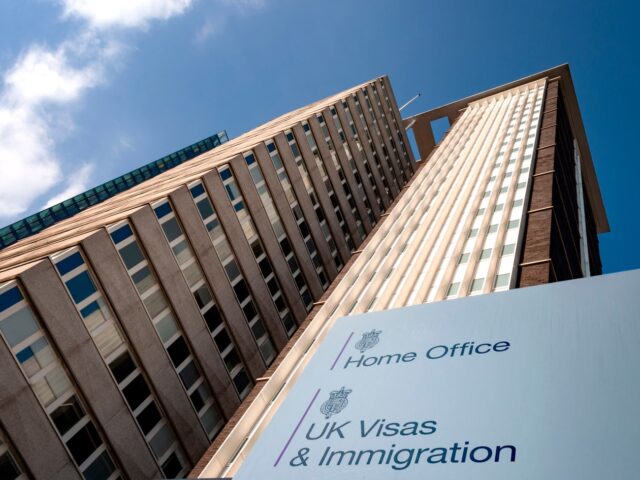A new case study from Understanding Society says the UK government’s 2012 immigration reforms, known as the ‘hostile environment’ policy, and the subsequent media coverage of the ‘Windrush scandal’, increased Black people’s psychological distress.
The policy required landlords, employers, the National Health Service, banks, and the police to check right-to-stay documentation – and there was a later ‘Go Home or Face Arrest’ advertising campaign, and a hotline number for reporting suspected illegal immigrants. Some people from Black Caribbean backgrounds who had come to the UK legally – the ‘Windrush generation’ – were wrongly identified as undocumented after their landing cards were destroyed.
The research used Understanding Society data to compare psychological distress for people from Black Caribbean, Black African, Indian, Bangladeshi, and Pakistani backgrounds with that of White people. The longitudinal data allowed researchers to compare the time before the Immigration Act 2014, the period between then and the Windrush scandal (2017), and the three years after that.
There was an increase in psychological distress in first-generation migrants from Black Caribbean backgrounds after the Immigration Act 2014, compared to the White group. There was no change at first for Black Caribbean people born in the UK, but their psychological distress increased compared to the White group after media coverage began in 2017.
The evaluation shows that policies can have unintended consequences – in this case, affecting the lives and health of people not targeted by the policy. Insights such as these could reduce the chances and severity of unintended consequences resulting from future policy.
This research used data from our ethnic minority boost sample data from the first 11 Waves of Understanding Society, with special licence access
Findings and impactInforming PolicyEthnicity and immigrationPolitics and social attitudes



